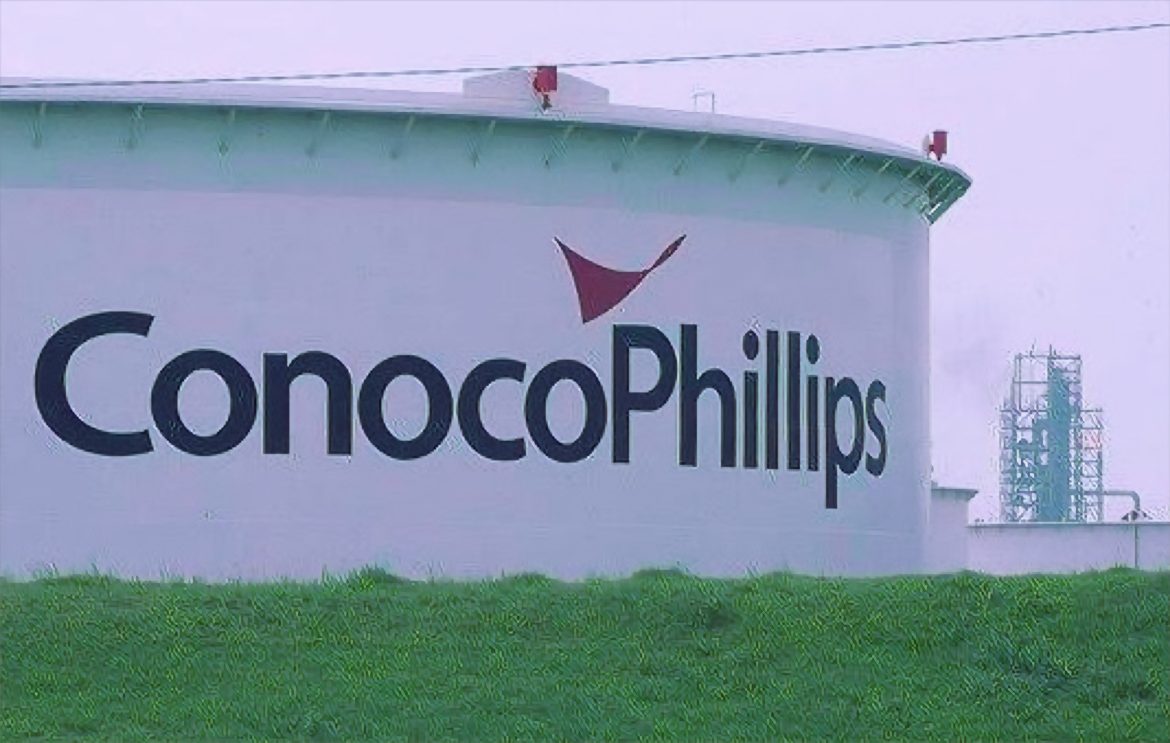In a strategic expansion move, ConocoPhillips, one of the top independent oil and gas producers in the United States, has finalized an agreement to acquire Marathon Oil for $22.5 billion. This major transaction is the latest in a series of significant mergers and acquisitions within the energy sector, reflecting a consolidation trend that has intensified over the past two years.
Details of the Deal and Market Response
The acquisition, structured as an all-stock offer, values Marathon Oil shares at $30.33 each—a nearly 15% premium over the previous day’s closing price. This deal also encompasses the assumption of $5.4 billion in Marathon’s debt, positioning ConocoPhillips as a dominant player in the industry. Following the announcement, Marathon Oil’s shares surged by 9% to $28.85, while ConocoPhillips’ shares experienced a downturn, dropping by 3.8% to $115.10.
The merger significantly enhances ConocoPhillips’ reserve base by adding over 2 billion barrels of oil equivalents, with substantial operational synergies in the Eagle Ford and Bakken shale regions. These areas are known for their prolific production capacities and have been central to both companies’ portfolios. ConocoPhillips CEO Ryan Lance highlighted the merger’s alignment with the company’s Shale 2.0 strategy, which focuses on leveraging advanced technology and data analytics to optimize production and extend the life of premier assets.
This merger is part of a broader wave of consolidation that saw the energy sector striking deals worth approximately $250 billion last year. The trend continues as companies aim to scale operations and reduce costs amid fluctuating oil prices and increasing regulatory pressures. Analysts like Jeoffrey Lambujon from Tudor, Pickering, and Holt have noted the operational logic behind the merger, particularly in terms of asset compatibility and potential for integrated growth. However, such large-scale consolidations are drawing increased scrutiny from regulatory bodies, including the Federal Trade Commission (FTC), due to concerns over market dominance and antitrust implications.
Antitrust Perspectives and Future Prospects
Despite potential regulatory challenges, ConocoPhillips remains optimistic. The FTC has recognized the global scope of the oil market, suggesting that the deal constitutes only a small fraction of it. This perspective might ease the regulatory path for the merger’s approval. Moreover, ConocoPhillips plans to offload nearly $2 billion in assets to streamline operations and focus on core areas of growth. The company has also announced an aggressive shareholder return strategy, planning to increase share buybacks to $7 billion next year from this year’s $5 billion, with a commitment to purchase $20 billion of its shares over the next three years following the deal’s closure.
As the deal is projected to close in the fourth quarter of 2024, the industry watches closely to see how this acquisition reshapes the competitive landscape. The success of this merger could not only redefine ConocoPhillips’ market position but also signal new operational models for other companies in the sector facing similar economic and environmental challenges.
Source: Reuters



